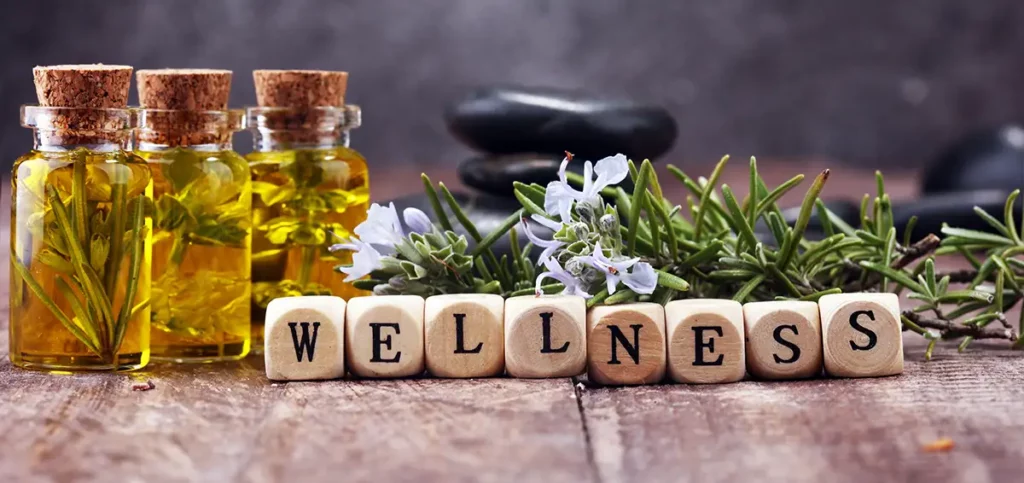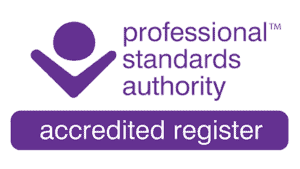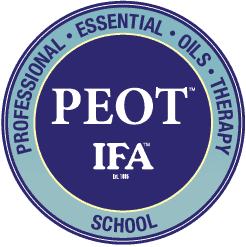Aromatherapy courses typically teach students how to use essential oils to improve overall health and well-being for themselves and their families or to help treat clients and patients. These courses often cover a wide range of topics, including the history and science of aromatherapy, the properties and benefits of different essential oils, and the safe and effective use of oils for various conditions. Students will also learn about different methods of applying essential oils, such as olfaction therapy, topical application, and massage.
Aromatherapy courses are typically offered by specialised accredited aromatherapy schools, holistic health schools and centres, as well as through online learning platforms offering distance learning courses. Some courses may be short, introductory classes, while others may be more in-depth and lead to certification as an aromatherapist. Overall, aromatherapy courses can provide individuals with the knowledge and skills to safely use essential oil for their own health and well-being, as well as to assist others in achieving their health goals.
In recent years, the popularity of holistic aromatherapy has grown as more people seek out natural approaches to health and wellness. As a result, many people are now considering exploring essential oils by taking an aromatherapy diploma course to learn more about this fascinating and beneficial form of alternative therapy.
But what exactly is aromatherapy, and what can you expect to learn in an aromatherapy course? In this blog post, we will explore the world of aromatherapy, including its history, the science behind it, and the benefits of taking an aromatherapy course to learn how essential oils can benefit your well-being.
An Introduction to Aromatherapy
The Definition and History of Aromatherapy
Aromatherapy is a type of alternative therapy that uses essential oil extracted from plants to promote physical and psychological well-being. This holistic therapy involves the use of aromatic plant extracts to improve health and well-being and has been used for centuries in various cultures around the world.
Essential oils are highly concentrated chemical oils extracted from different parts of plants, including flowers, leaves, roots, seeds, and bark. These oils are believed to contain the essence or “soul” of the plant and are thought to possess unique therapeutic properties that can provide various health benefits. Each essential oil has its own unique chemical composition and therapeutic properties.
The Benefits of Aromatherapy
Aromatherapy is based on the idea that the aroma of essential oils can affect the mind and body in various ways. The sense of smell is closely linked to the emotional centre of the brain, and certain smells can trigger a range of psychological and physiological responses. For example, the scent of lavender may promote relaxation and stress relief, while the scent of rosemary may improve mental clarity and focus.
One of the key mechanisms of action for essential oils is their ability to interact with the olfactory system – the part of the brain that processes smell. When essential oils are inhaled, the molecules are inhaled into the olfactory system and carried to the limbic system – which includes the parts of the brain responsible for emotion and memory. This response by the nervous system can trigger a response in the body, such as reducing stress or improving mood.
In addition to their psychological effects, essential oils also have various physical properties that can provide therapeutic benefits. For example, some oils are known to have anti-inflammatory, antimicrobial, and analgesic (pain-relieving) properties, which may help to alleviate pain, reduce inflammation, and kill bacteria. They can also help to stimulate the immune system, improve circulation, and aid in digestion.
Aromatherapy practitioners use essential oils in a number of different ways, depending on the desired effect. For example, some essential oils can be inhaled directly from a smelling strip or from a diffuser, while others may be used in creams and balms to be applied topically to the skin. Some essential oils can also be used in massage, either alone or blended and diluted with a carrier oil.
Overall, aromatherapy is believed to have a wide range of potential benefits, including stress relief, improved mood, and enhanced physical health. While more research is needed to fully understand the mechanisms behind the therapeutic effects of essential oils, many people swear by the power of aromatherapy to help improve their health and well-being.
Types of Aromatherapy Courses
There are many different types of aromatherapy courses available, ranging from short online aromatherapy courses to more in-depth, hands-on training programs. Some courses are designed for beginners, while others are more advanced and may require prior knowledge, experience or previous qualifications required before enrolment. Additionally, some courses offer a certificate or diploma upon successful completion, while other short online distance learning courses may not.
An Online Course
An online aromatherapy course (often referred to as distance learning courses) is a popular option for those who want to learn about aromatherapy at their own pace from the comfort of their own home. Online aromatherapy courses are typically self-paced and can be completed at your own convenience. The course materials often include videos, internal assessments, and other interactive materials to help you learn about essential oils and how to use them safely and effectively, with some beginner course providers offering lifetime access to their courses.
If you are considering a professional-level course that you can complete at your own pace, check out our IFA-accredited PEOT Diploma in clinical aromatherapy course. Students are able to access their course material via our online learning platform, and receive full tutor support by way of private Zoom tutor sessions, group webinars, and in-person product-making workshops.
An online course is an excellent way to study the theoretical side of clinical aromatherapy at your own pace including both essential oil and carrier oils profiles, together with pathology relating to various diseases and disorders of the body.
Aromatherapy Massage Courses
Aromatherapy massage courses teach students about the use of essential oils for therapeutic purposes. These courses typically cover the history and principles of aromatherapy, as well as the properties and benefits of various essential oils.
Students learn how to blend and use essential oils safely and effectively, and focus on how to incorporate aromatherapy into massage treatments. Aromatherapy massage courses may also include instruction on other holistic practices, such as meditation and relaxation techniques, to enhance the overall therapeutic experience for clients. These courses may be offered at community colleges, continuing education centres, and schools specialising in holistic health and wellness, and may involve practical demonstrations, group discussions, and other interactive activities. Completing an aromatherapy massage course can lead to a career as an aromatherapist or massage therapist who offers aromatherapy services to clients.
If you are considering studying an aromatherapy massage course, please take a look at the IFA Aromatherapy Diploma course.
Specialised courses, CPD courses (e.g. blending essential oils, using aromatherapy for specific health conditions)
Specialised courses are also available for those who want to learn more about specific aspects of aromatherapy. For example, some courses focus on blending oils to create custom aromatherapy blends for specific purposes, such as stress relief or for skincare. Other courses may focus on using aromatherapy for specific health conditions, such as anxiety, insomnia, or headaches. Specialised courses can provide more advanced training and can help you develop specialised knowledge and skills in a particular area of aromatherapy.
These types of specialised courses may be more suited to those who are already qualified aromatherapists and are looking for further education by the way of CPD courses to further their personal development.
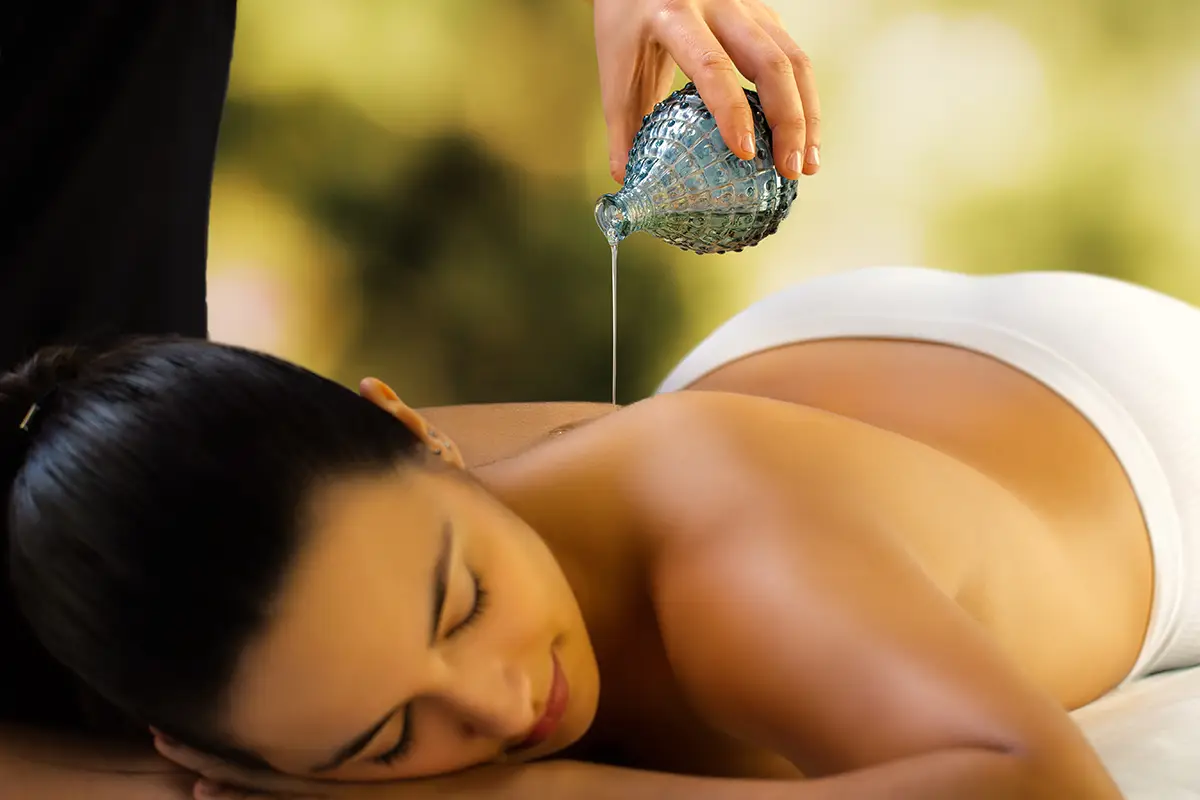
Choosing an Aromatherapy Course
When choosing a course, it’s important to consider the level of training you want and the type of certification or qualification you’re interested in. Some (particularly free courses) are designed for beginners, while others are more advanced and may require prior knowledge or experience. Additionally, some courses offer a recognised certificate or Diploma upon completion, while others may not.
Level of Training and Certification
If you’re a beginner, you may want to start with a basic course that provides an introduction to the history, principles, and methods of using plant oils. These courses typically cover the fundamentals of aromatherapy, including the different types of essential oils, their properties and therapeutic uses, and how to blend and use them safely and effectively. Basic courses are suitable for those who are new to aromatherapy and want to learn the basics.
If you’re interested in becoming a professional aromatherapist, you may want to consider a more advanced course that offers a certification or diploma upon completion. These courses typically provide more in-depth training and may cover advanced topics, such as blending techniques, the physiological effects of essential oils, and the use of aromatherapy for specific health conditions. Advanced courses are suitable for those who have some knowledge and experience in aromatherapy, or other complementary medicines and want to develop their skills further.
Please note that not all courses offering aromatherapy are equal. A quick search of the internet will give you details of many courses that provide no accreditation or are simply there to push and promote essential oil product sales.
Course Content and Focus
It’s also important to consider the course content and focus when choosing a course. Different courses may cover different topics and focus on different aspects of aromatherapy.
The IFA have two courses available for study:
Aromatherapy Diploma – This course includes massage and is suited to those who want to become aromatherapy massage therapists.
Professional Essential Oils Therapy – This clinical aromatherapy course focuses on aromatherapeutic remedies and the treatment of a wide range of conditions.
Be sure to read the course description and curriculum carefully to make sure the course covers the information and skills you’re interested in.
Overall, the best aromatherapy course for you will depend on your goals, interests, and prior knowledge and experience. Be sure to research your options carefully and choose a course that fits your needs and preferences.
What to expect from an Aromatherapy Course
The History and Principles of Aromatherapy
A good aromatherapy training course should provide you with a thorough understanding of the history and principles of aromatherapy, as well as the safe and effective use of essential oil and base oils. You should learn about different types of essential oil and their properties, as well as how to blend and use them for various therapeutic purposes.
The Safe and Effective use of Essential Oil
A good course will also cover the potential risks and contraindications associated with using essential oils, as well as how to properly store and handle them. Essential oils are highly concentrated liquids and can be potentially harmful if not used properly. It’s important to learn about the potential risks and how to avoid them in order to use them safely and effectively.
Risks and Contraindications
Additionally, you should learn about the different methods of using essential oils, including inhalation, and topical application. Each method has its own benefits and risks, and it’s important to understand how to use each method safely and effectively. For example, some essential oil can be applied directly to the skin, while others should be diluted in a carrier oil or other medium.
Methods of using oils (inhalation, and topical application)
A good aromatherapy course will also provide you with practical knowledge and skills that you can use in your everyday life. This may include learning how to create custom essential oils blends for specific purposes, such as stress relief or skincare remedies. You may also learn how to use aromatherapy and essential oils to treat specific health conditions, such as anxiety, stress, headaches or insomnia.
Overall, a good aromatherapy training course should provide you with a solid foundation in the history, principles, and practical applications of aromatherapy. You should come away from the course with a deep understanding of essential oils and how to use them safely and effectively to improve your health and well-being.
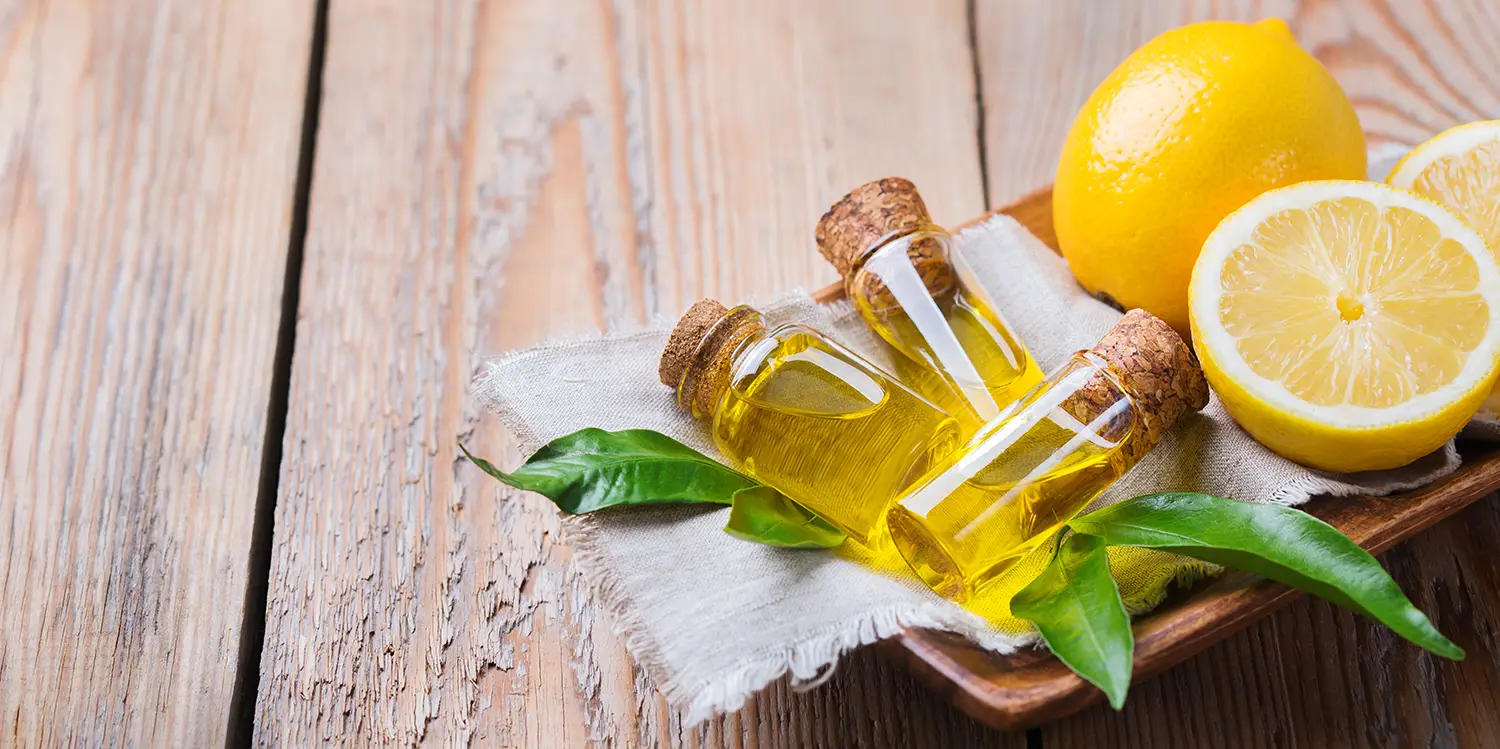
Final Thoughts...
Whether you’re looking to treat yourself or to become a professional aromatherapist, a good quality, accredited aromatherapy course can provide you with the knowledge and confidence you need to safely and effectively use essential oils for therapeutic purposes.
Aromatherapy courses can provide valuable knowledge and skills for improving health and wellbeing
Aromatherapy courses can provide a wide range of benefits, from stress relief and an improved mood to enhanced physical health. By learning about the history, principles, and practical applications of aromatherapy, you can gain a deeper understanding of essential oils and how to use them safely and effectively to improve your health and well-being.
Consider the level of training and type of certification when choosing a course
When choosing an aromatherapy course, it’s important to consider the level of training and type of certification you want. Different courses may offer different levels of training and certification, so be sure to research your options carefully and choose a course that fits your needs and preferences.
Look for a course that covers essential information about the safe and effective use of essential oils.
Overall, an aromatherapy course can be a valuable investment in your general health and well-being. By learning about the safe and effective use of essential oil, you can take simple steps to help improve your everyday life, and potentially even help others to do the same.


